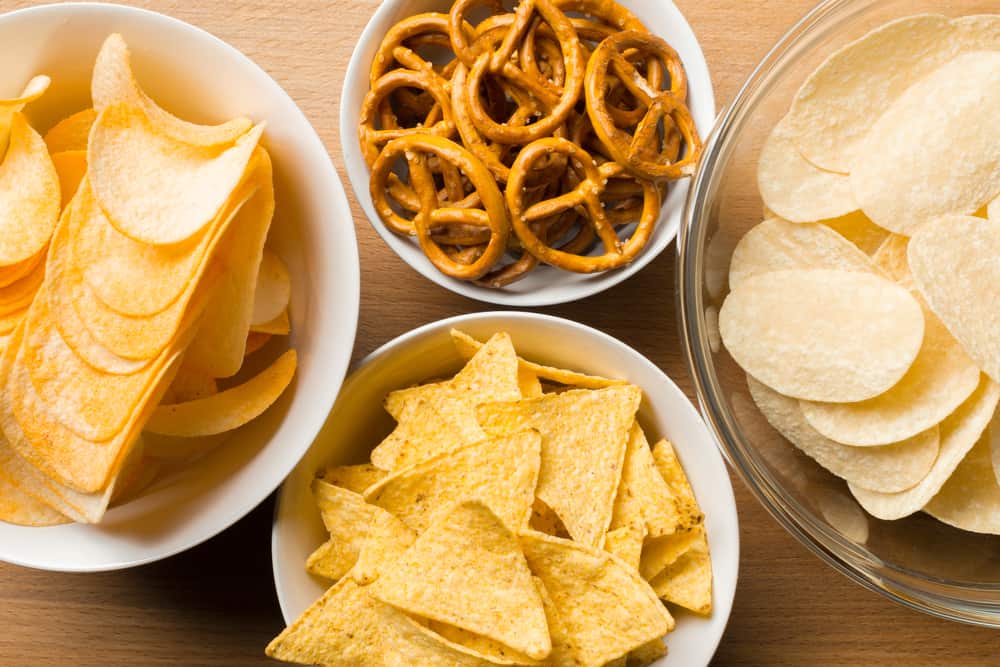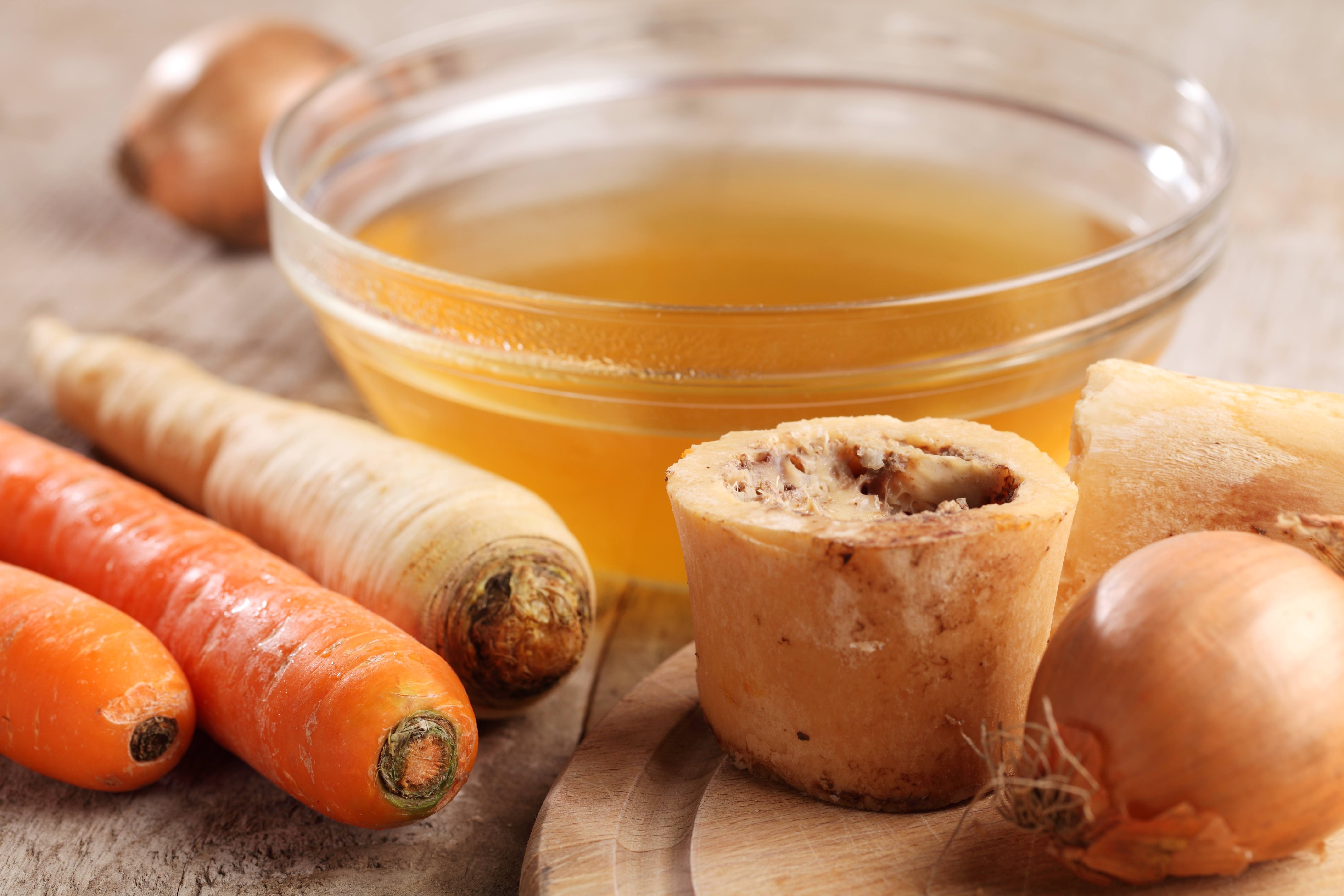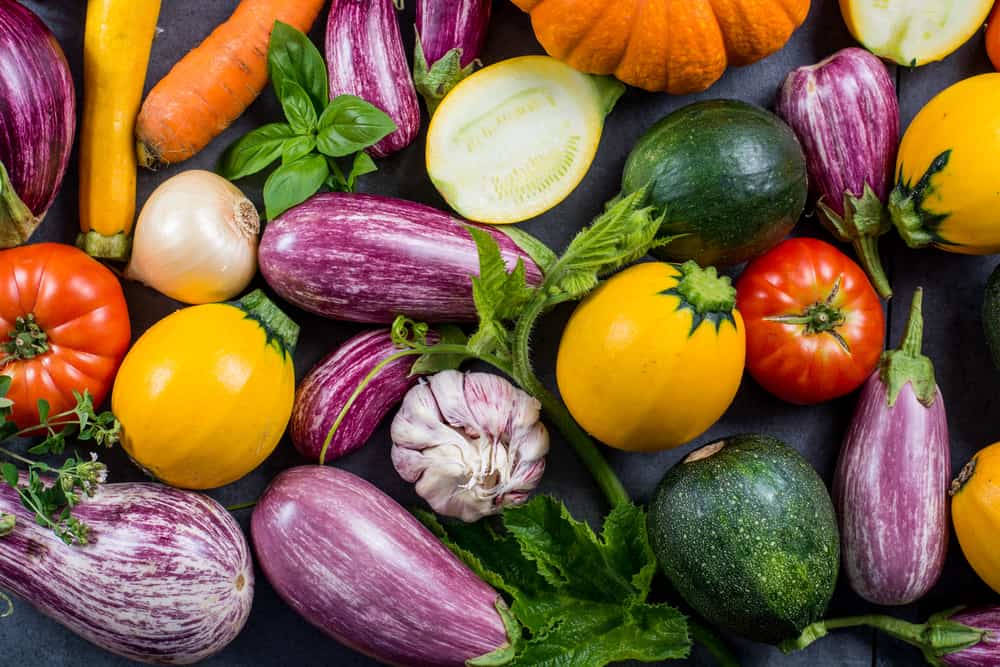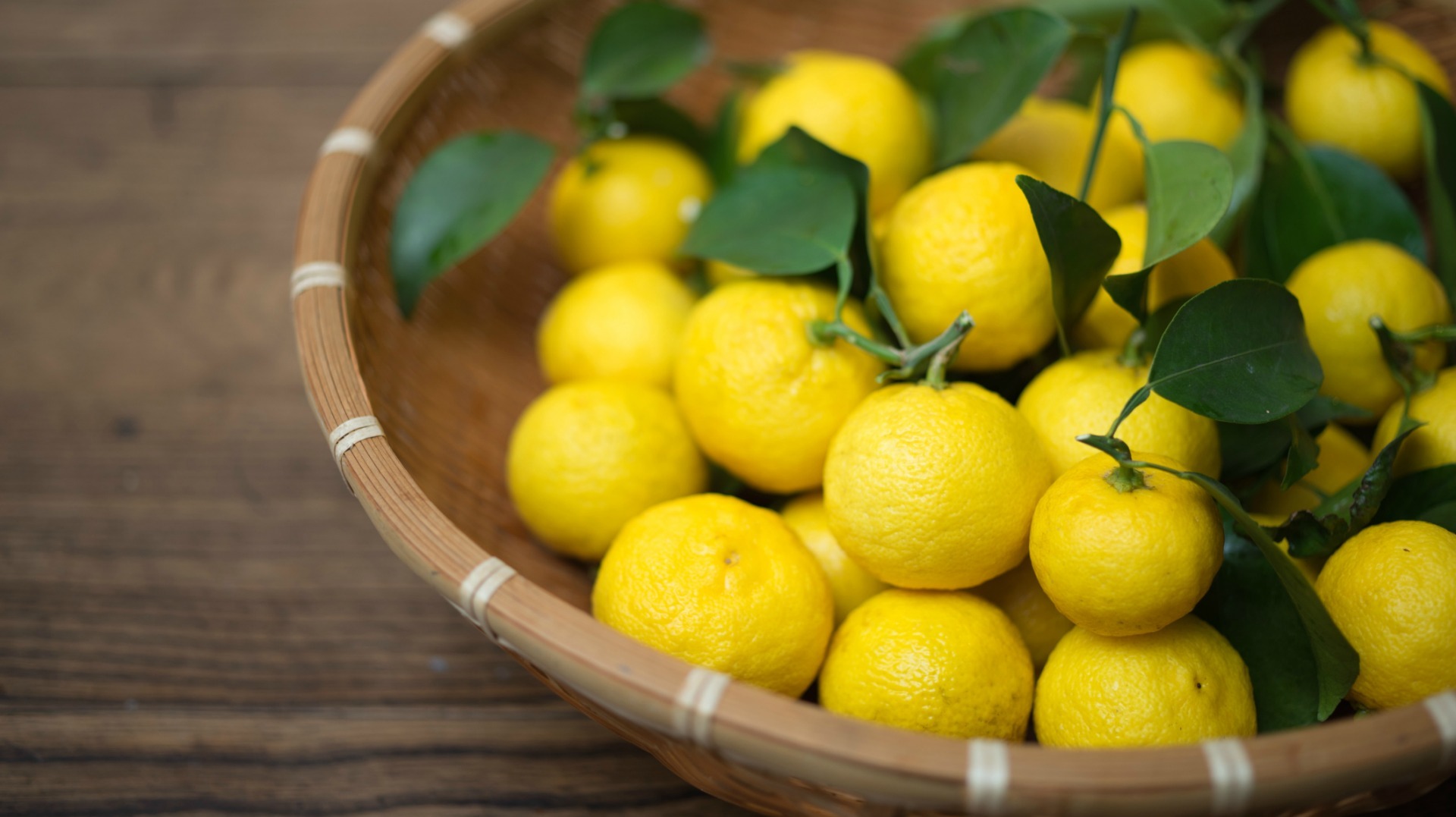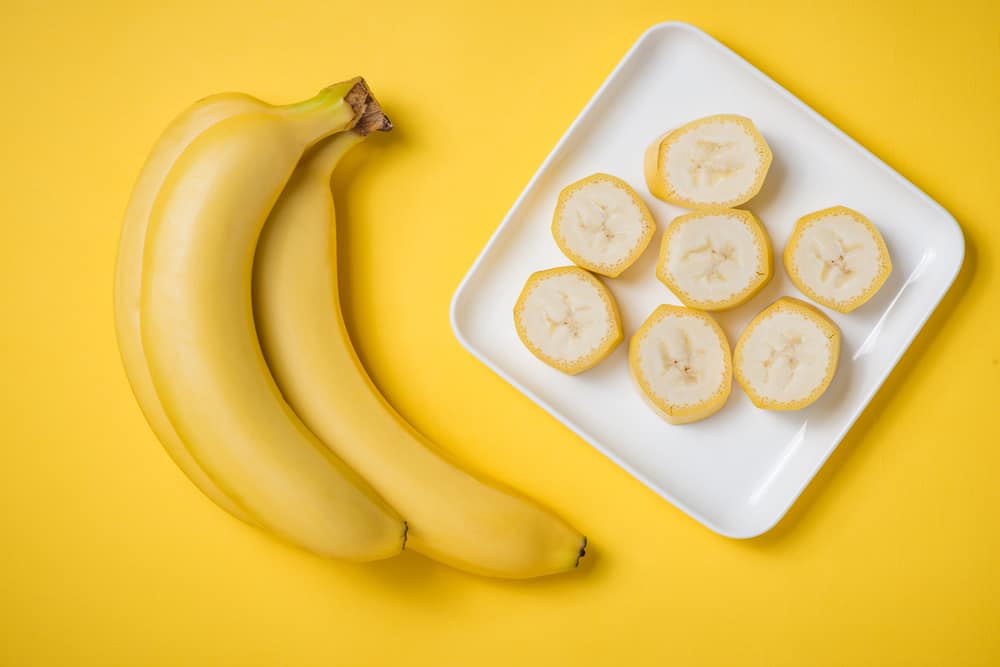Contents:
Medical Video: 19 AMAZING FOOD FACTS EVERYONE SHOULD LEARN
There are more than 2000 varieties of cheese spread throughout the world. Starting from ricotta, feta, mozzarella, to cheddar which you usually find as sweet martabak stuffing. Cheese is the most consumed and loved food in the world. In fact, total cheese production globally exceeds the combined combined production of coffee beans, tobacco, tea, and cocoa from around the world.
Here are some interesting facts about cheese that you might not have known before.
1. The price of the world's most expensive cheese exceeds the iPhone 7
The pule has been named the world's most expensive cheese, made from donkey milk. Pules are produced in rural agriculture in Serbia, using 300 donkeys from Zasavica Nature Reserve. Each kilogram of cheese is made of 25 liters of smoked donkey milk, which is set at a price of £ 880 - aka 15 million rupiah per kilo!
For comparison, the latest iPhone version in the UK is priced around £ 600-800.
2. The oldest cheese is 3,800 years old
The origin of the first cheese was recorded as far back as 6000 BC. In 2014, the oldest cheese in the world was found buried with a group of mummies in northwest China by a team of Swedish archeologists. Researchers found that the mummy grave originated in 1615 BC, which made it the oldest cheese in the world to date. Interestingly, this cheese is a lactose-free variant, you know.
3. The world's most smelly cheese comes from France
A cheese is classified as a top class if it has a strong character - characterized by its pungent smell, and its distinctive taste and texture. There are various top quality cheeses that have a pungent odor, for example blue cheese. Some of the more unique ones even have sour scents that resemble the smell of a human body.
But a group of scientists from the University of Bedfordshire have managed to find the best cheese varieties recorded in history, namely Vieux Boulogne, soft cheese from northern France. The pungent smell of Vieux Boulogne comes from beer which reacts to enzymes in cheese. Vieux Boulogne even defeated Epoisses de Bourgogne, whose smell was so intense that it was prohibited from being carried in public transportation in France.
4. Eat cheese makes you dream weird
A 2005 study by the British Cheese Board found that eating cheese before going to bed can help you sleep better, thought to be possible because of its tryptophan content. Tryptophan is used by the body to make niacin, B vitamin which is one of the many functions it is for the production of serotonin, a brain chemical that plays a big role in mood and can help to create a feeling of well-being and relaxation, which makes you sleep better.
But, eating cheese before bed can make you have a strange dream that feels real. The British Cheese Board in his research gave 200 different cheeses to eat before going to bed. Reports of strange dreams including soldiers fighting while cocking kittens instead of weapons, vegetarian crocodiles who were angry because they could not eat children, to nostalgic dreams that featured celebrities.
5. Mice don't like cheese
You might be familiar with Tom, the crafty gray cat, who often puts a piece of cheese on top of a mouse trap to beat Jerry, his arch enemy. Who would have thought it turned out that mice actually didn't like cheese?
A 2006 study found mice preferred sweet foods rather than savory snacks. Mice do not usually have access to cheese, so even though mice may eat cheese if they are hungry and there is no other food besides that, mice do not have a special preference for eating cheese. They can also be disgusted by the smell of sharper cheese.
6. Lactose intolerance? Still can, eat cheese!
The ability to eat cheese for those of you who have lactose intolerance still depends on your personal tolerance level, but many sufferers of this condition can eat hard and dry old cheese. The harder the texture, the lower the level of lactose.
Lactose is found in parts of water that are runny, and because hard cheese is low in liquid content, it means that these cheeses are low in lactose. Examples are extra sharp cheddar, parmesan, Pecorino, Swiss, Brie, and old gouda which basically have almost no lactose content (less than 1 gram per 1 ounce of cheese). The bacteria in these old cheeses have plenty of time to convert lactose to lactic acid, which anyone can eat.
7. Cheese can prevent cancer
One study found that butyrate in cheese can protect against colon cancer by maintaining the health of your intestinal cells, and by reducing inflammation that can damage the large intestine over time.
8. Cheese helps build muscle
Cheese is rich in protein which makes it the perfect snack before you gym to carve out your ideal abdominal muscles. Proteins are made from amino acids, which are the foundations of building muscle tissue. "Try Ricotta," Ansel said. "Ricotta is one of the best single sources of whey protein, which is especially beneficial for muscle building," said nutritionist Karen Ansel, R.D.N., co-author of Healthy in a Hurry: Simple, Wholesome Recipes for Every Meal of the Day, reported from Fox News.
9. Cheese can ward off diabetes
Butirate can also help protect you from type 2 diabetes. Although studies in this field are just beginning to appear, a study in the journal Diabetes found that mice that eat chow containing extra butyrate has a insulin level that is 50 percent lower than mice that eat chow normal Experts suspect that butyrate can also help the human body process insulin more effectively, which in turn can manage overall blood sugar levels.
READ ALSO:
- 15 Interesting Facts About Kidal
- 4 Unique Facts About Tears You Didn't Know
- 9 Amazing Facts About Twins You Don't Know



